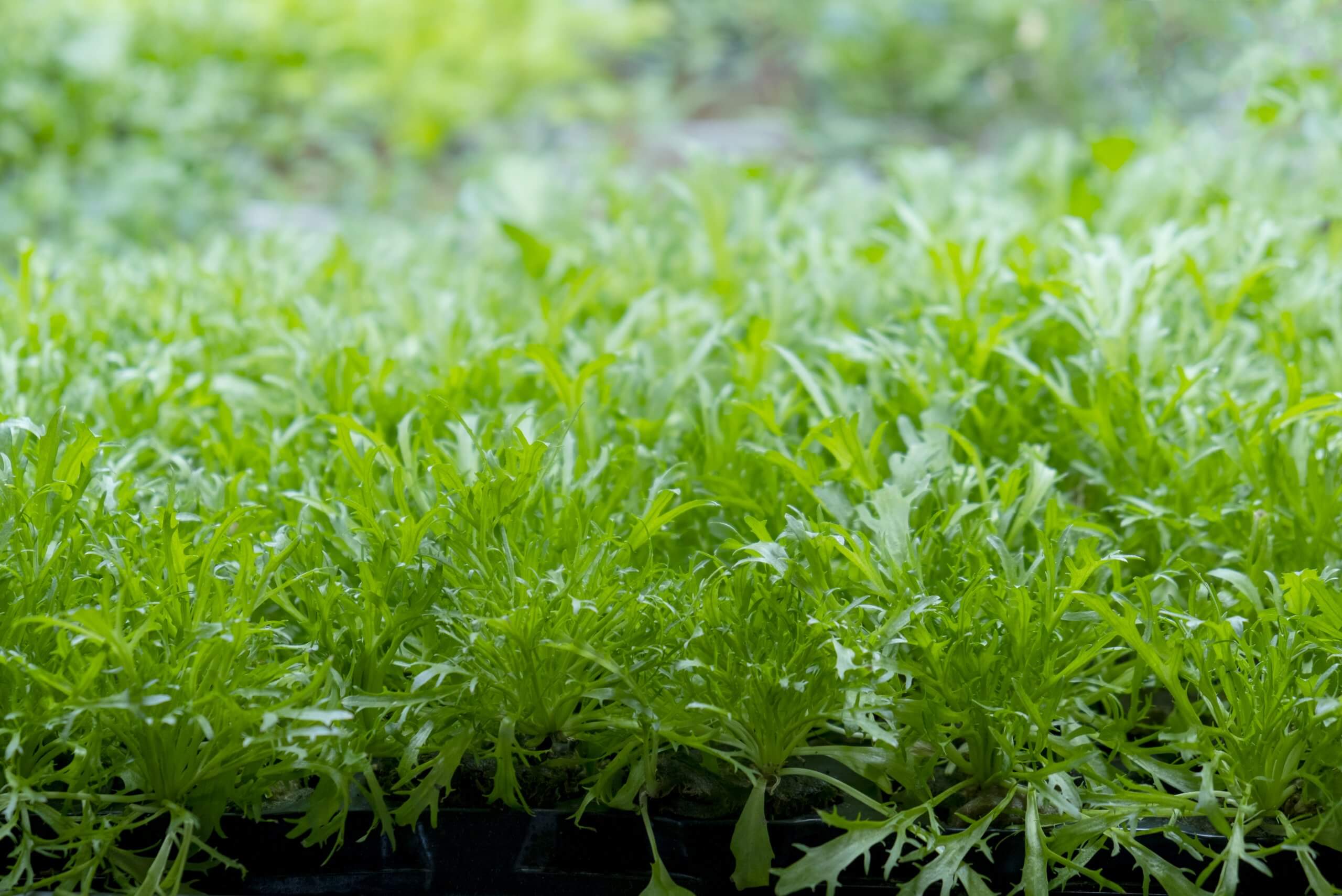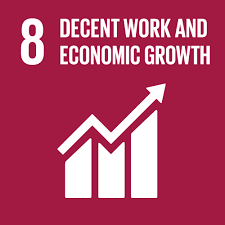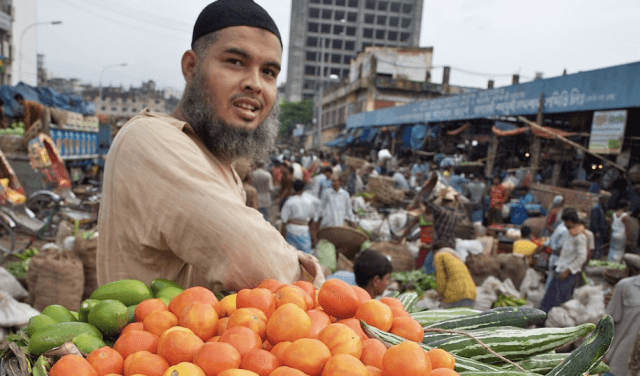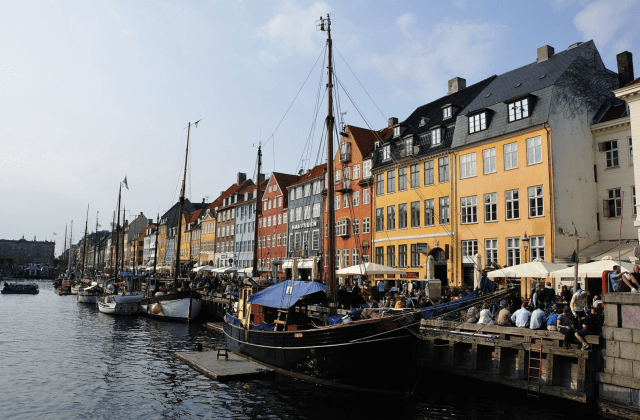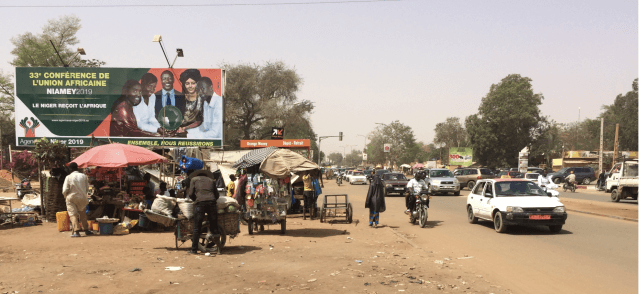The action and its aims
Dakar’s microgardens programme provides training in soilless systems for growing vegetables in small spaces, as well as access to the spaces themselves. The technique is environmentally-friendly as it uses locally-available waste materials as growing substrates (e.g. peanut shells, rice straw, coconut fibre, sand). The aim is to improve food access and to provide economic opportunities. It is targeted at disadvantaged or vulnerable groups, such as women, young people, the elderly, the disabled, and prison inmates.
When it was introduced
The programme was introduced in 1999.
Why it was needed
It was needed because rural-urban migration and population growth have led to increased poverty and food insecurity in Dakar, yet a lack of land for growing vegetables led to price increases that put fresh produce out of reach of many poor and vulnerable residents.
Who initiated it, who is involved
The programme was initiated by FAO together with the city government, which passed a by-law to create a project management unit. It received funding from the City of Milan and the Italian Ministry of Foreign Affairs.
Impacts to date
An estimated 10,000 people have been trained in microgardening techniques, bringing income, healthy food, and more diverse diets to around 4000 families. The programme has been scaled out to other cities in Senegal.
More information: Programmes for training groups of urban farmers and providing technical assistance are relatively common actions for improving food security. Other cities where such programmes have been implemented include Quito (Ecuador), where the AGRUPAR urban agriculture programme is part of the city’s economic development unit. In Abidjan (Côte d’Ivoire), the Ivorian government supported an urban and peri-urban agriculture project to address urban poverty and food insecurity and to maintain productive areas.
